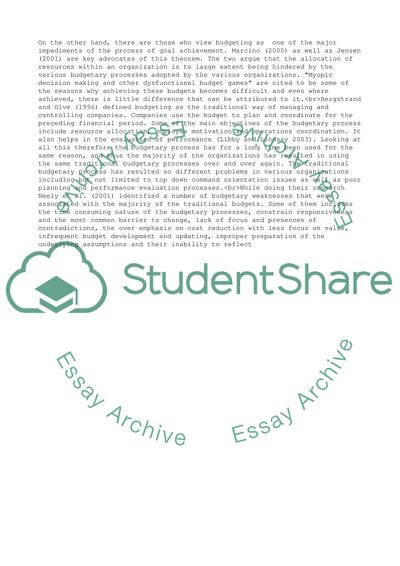Cite this document
(“Management Accounting Essay Example | Topics and Well Written Essays - 1500 words - 7”, n.d.)
Retrieved from https://studentshare.org/management/1626656-management-accounting
Retrieved from https://studentshare.org/management/1626656-management-accounting
(Management Accounting Essay Example | Topics and Well Written Essays - 1500 Words - 7)
https://studentshare.org/management/1626656-management-accounting.
https://studentshare.org/management/1626656-management-accounting.
“Management Accounting Essay Example | Topics and Well Written Essays - 1500 Words - 7”, n.d. https://studentshare.org/management/1626656-management-accounting.


